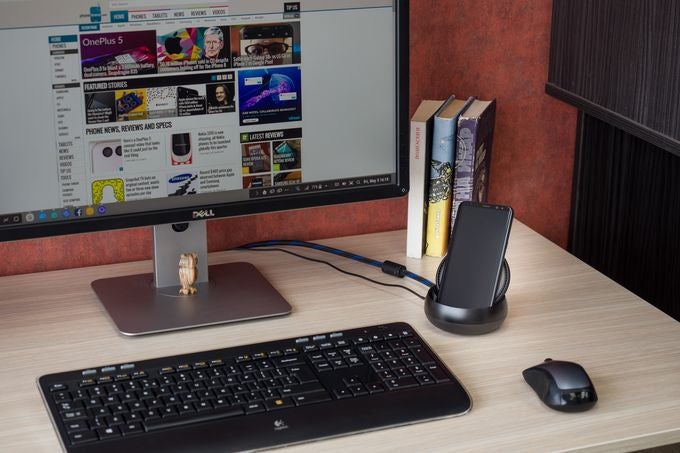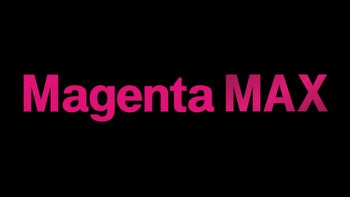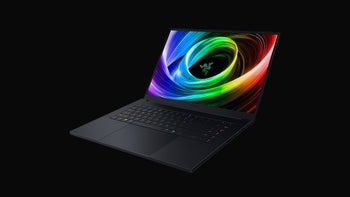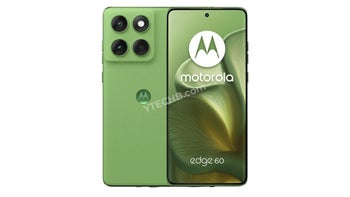DeX station for Samsung Galaxy S8 lands in Canada, costs more than in the US

As you probably remember, the DeX station is an accessory aimed to give Samsung’s latest flagship smartphones a productivity boost by making them usable with an external monitor, keyboard and mouse. To fulfill that purpose, the compact, puck-shaped DeX supports Bluetooth and comes equipped with an HDMI port, an Ethernet port, two USB ports, a USB Type-C connector for fast charging, and a built-in fan to keep the smartphone cool while docked. The Galaxy S8’s dock station also makes use of the phone’s custom Android user interface, additional apps, and a full-fledged browser with tabs.
In terms of performance, the Galaxy S8 and the Galaxy S8+ are powerful enough to handle Microsoft's suite of mobile office apps preloaded on them, but it is debatable whether the DeX station is truly capable of enabling a PC-like experience at a level that is sufficient to justify its price. As our recent review reveals, the accessory proves to be a good solution for web browsing, email, writing, and other everyday tasks, but it is still lacking some important things like, for example, broad third-party app support and proper multitasking, which are features that could boost the practicality of the device. On the other hand, out of all smartphone-turned-PC solutions that have ever launched – the Microsoft Continuum and Motorola's Lapdock, for instance – Samsung's approach appears to be the most successful so far.
source: Mobile Syrup
In terms of performance, the Galaxy S8 and the Galaxy S8+ are powerful enough to handle Microsoft's suite of mobile office apps preloaded on them, but it is debatable whether the DeX station is truly capable of enabling a PC-like experience at a level that is sufficient to justify its price. As our recent review reveals, the accessory proves to be a good solution for web browsing, email, writing, and other everyday tasks, but it is still lacking some important things like, for example, broad third-party app support and proper multitasking, which are features that could boost the practicality of the device. On the other hand, out of all smartphone-turned-PC solutions that have ever launched – the Microsoft Continuum and Motorola's Lapdock, for instance – Samsung's approach appears to be the most successful so far.
source: Mobile Syrup












Things that are NOT allowed: